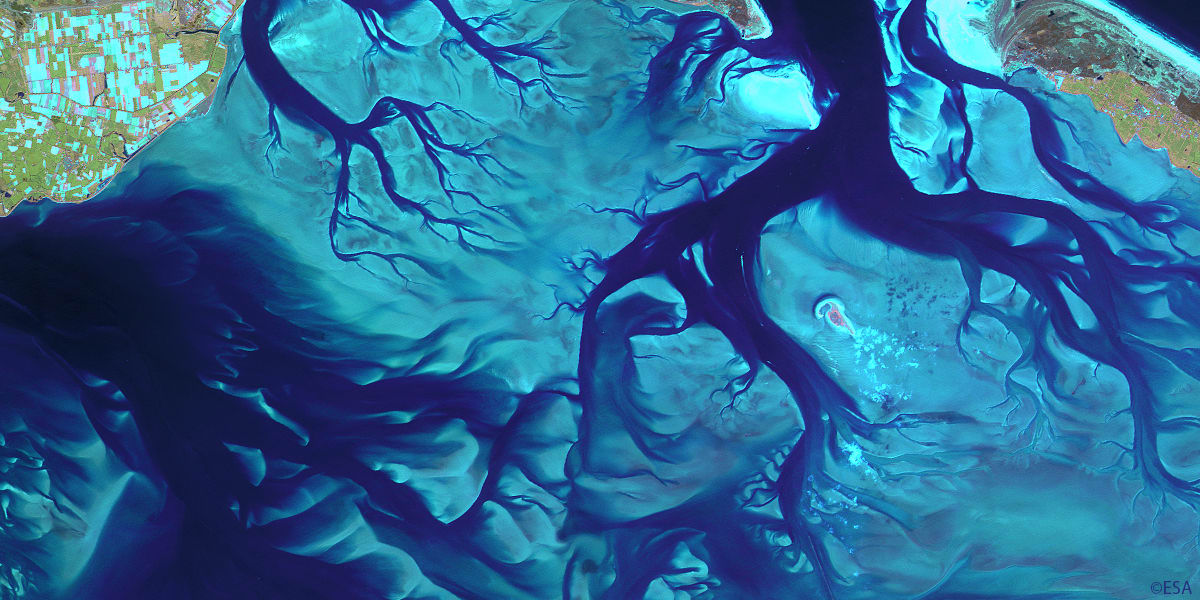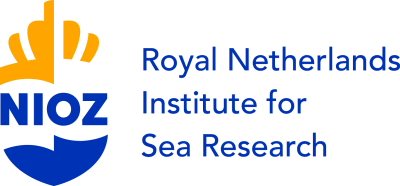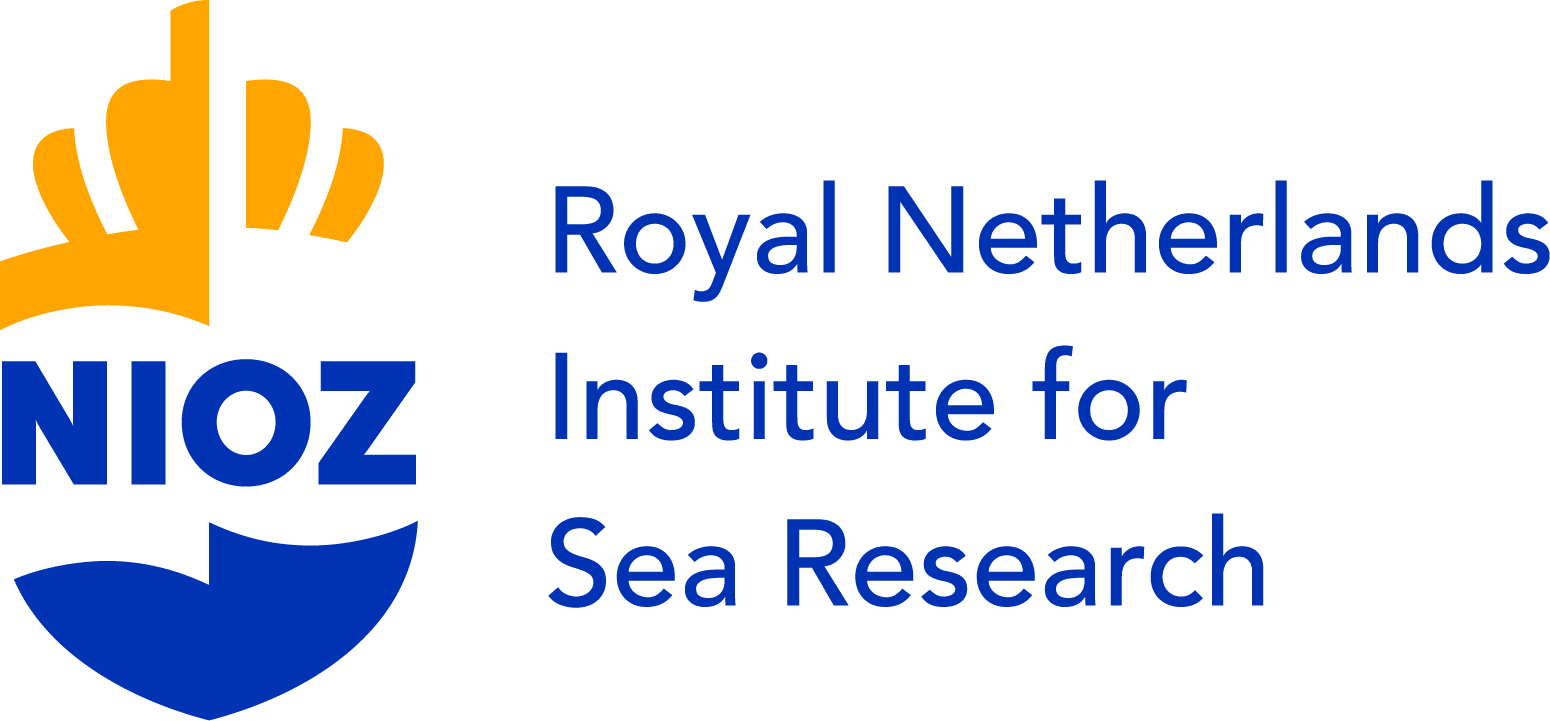
Postdoc position: “Effects of heat waves on marine communities in shallow coastal seas”
- Hybrid
- 't Horntje, Texel, Noord-Holland, Netherlands
- Coastal Systems (COS)
Job description
The department of Coastal Systems (COS) at the Royal Netherlands Institute of Sea Research (NIOZ-Texel) is looking for a highly motivated postdoc candidate to study the effects of heat waves on intertidal benthic ecosystems. In particular, the candidate would combine the analysis of large datasets of macrozoobenthic species with field and laboratory experiments. The ultimate goal is to improve the prediction of risks intertidal ecosystems face under ongoing climate change.
THE INSTITUTE
NWO-NIOZ Royal Netherlands Institute for Sea Research is the Dutch national oceanographic institute and principally performs academically excellent multidisciplinary, fundamental, and frontier applied marine research addressing important scientific and societal questions pertinent to the functioning of the ocean and seas. NIOZ includes the National Marine research Facilities (NMF) department that operates a fleet of research vessels and the national pool of large seagoing equipment, and supports excellence in multidisciplinary marine research, education, and policy development.
THE DEPARTMENT
The Department of COS studies integral coastal ecosystems and their populations of fish, birds, and other marine animals in the North and Wadden Seas as well as on a global scale. The department focusses on key physical, chemical and biological processes that determine the productivity and the ecological functioning of coastal areas. The coastal system is studied as a unity by considering the interrelations between the key compartments of the ecosystem (water, sediment, microalgae, macrozoobenthos, parasites, fish and birds). The welcoming atmosphere at NIOZ will provide ample opportunity for collaborations.
THE PROJECT
Increases of the frequency, intensity and duration of heat waves are affecting life in shallow seas. Intertidal benthic species (those living in and on the sediment) are particularly at risk of experiencing lethal temperatures because they emerge during low tide, exposing them to direct heating from the sun. These macrozoobenthic species are essential for the functioning of this ecosystem (they act as ecosystem engineers, play a role in nutrient cycling and provide a food source for higher trophic levels such as fish and birds), but it is largely unknown how they respond to increased heat exposure. The ultimate goal of this postdoc position is to be able to build better projections of the risks intertidal ecosystems face under ongoing climate change.
THE POSITION
Using datasets with long-term macrozoobenthic community composition data, coupled with trait-based analyses, the candidate will aim to understand temporal changes in community composition linked to past heat exposure. In particular, gradients in abiotic conditions of the available sampling locations will be included in the analyses to explain the observed patterns. In addition, experiments in the field and laboratory can be used to test specific hypotheses on the mechanisms behind the observed patterns.
Job requirements
THE CANDIDATE
Applicants must have a PhD in a relevant discipline, such as community ecology, spatial ecology or thermal ecology. We are looking for a candidate who has a demonstrated ability to analyze large (spatio-temporal) datasets, and an affinity with conducting experimental work under challenging conditions. Experience with fieldwork in intertidal ecosystems is therefore advantageous.
We want to be a transparent institute with a healthy working climate and an inclusive culture, where people from diverse backgrounds and gender bring their talents and further develop these talents. We aim for inclusive decision-making processes and expect our leadership to show visible commitment, awareness of bias, and cultural intelligence.
CONDITIONS
Employment of this position for 40 hours a week at Royal NIOZ NWO-I for a duration of 1.5 years.
Salary compliant with CAO-WVOI (Collective Labour Agreement for Dutch Research Institutes) scale 10 or 11 depending on relevant experience.
The freedom to fulfill your role and space and opportunities for your personal (talent) development with the help of the NIOZ Academy.
338 annualized holiday hours for a full-time 40-hour work week.
Pension scheme via ABP, 8% holiday allowance and a year-end bonus of 8.33%.
2nd class public transportation travel is reimbursed 100%.
Employment benefits plan to exchange a portion of your salary for days off or vice versa, or can be used to purchase a bicycle with tax benefits.
We offer relocation expenses for employees coming from abroad and support with finding accommodation.
For additional information about this vacancy, please contact Dr. Oscar Franken. For additional information about the procedure, please send an e-mail to working@nioz.nl
Closing date for this vacancy is the 6th of June. We aim to invite suitable candidates for an interview on the 11th of June, 2025.
or
All done!
Your application has been successfully submitted!

